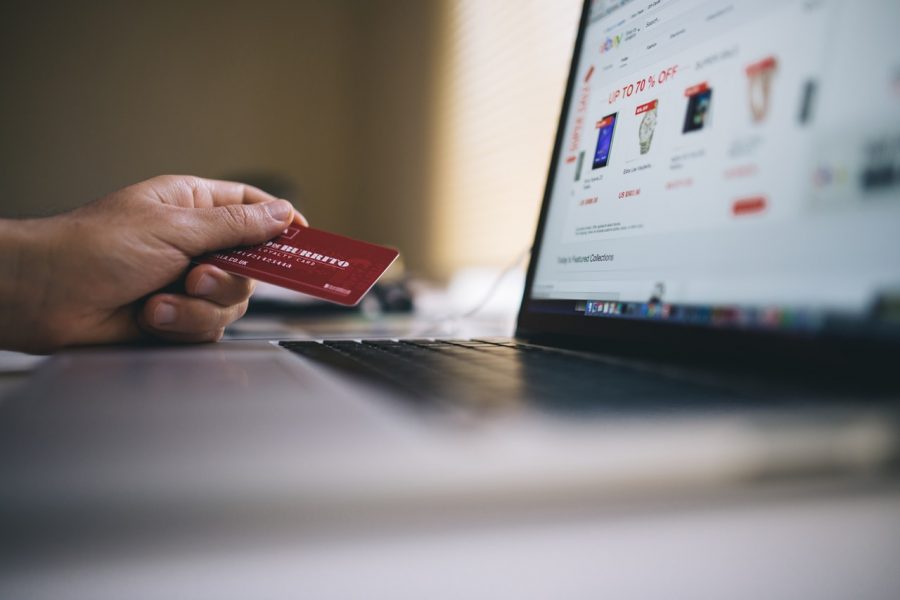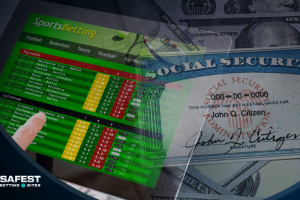With hackers attacking every 39 seconds on average, online security is a top priority for everyone. Your personal information and physical location; your bank account data and passwords; your personal and work files: everything could be stolen or corrupted by online thieves and malicious software. As a response, the use of safety tools such as VPNs and safe password generators is on the rise. Let’s briefly review what these tools can do to protect your personal information, as well as general practices for safer Internet use.
Encryption and safe passwords are your best barriers against hackers
It might seem inconvenient to have different passwords for all our accounts, and on top of that, to make them complex and difficult to guess. However, safe passwords will make a world of a difference when a hacker is trying to break into your information and your media. If you can’t keep track of your codes or it’s too hard for you to come up with a complex password, you can use a password generator and manager. You will increase your safety even further by encrypting your data using a VPN service. A VPN will not only keep your information secure from theft and phishing, but also hide your IP address so your physical location can’t be traced by hackers. An added perk of VPNs is that, since they keep your IP undercover, you can access regional content in streaming services and ecommerce sites.
Navigate the Internet safely
Safety tools will protect you, but you will be even safer with the right online behavior. Hackers and scammers will use a variety of techniques to steal your information or redirect you to shady sites, so you must be careful when you explore new websites. You can discover hidden links by hovering the mouse over a link or button. You should also check the URL address displayed on the top bar of your browser: look for typos – which are a sign of duplicate sites – and make sure that, once the site has loaded, the URL is the same as what you typed or pasted. Never enter personal information or bank/credit card data on a website that has no padlock on the browser window.
Always stay safe when you browse the Internet or download content. Cyber-criminals will try to deceive you with fake links and fraudulent ads. However, with the right safety tools and cautious behavior, your personal information and your files should be safe.






 Your total news and information resource for all things Science, Technology, Engineering / Mathematics, Art, and Medicine / Health.
Your total news and information resource for all things Science, Technology, Engineering / Mathematics, Art, and Medicine / Health.
Leave a Comment